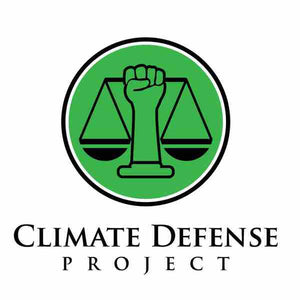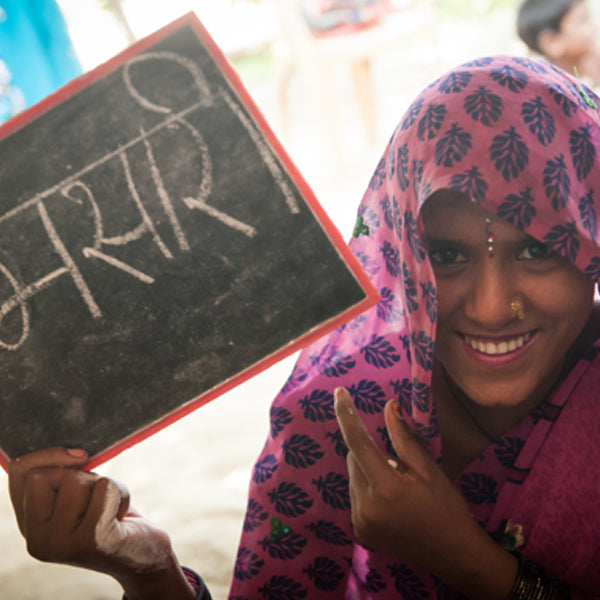
Legal Defense for the Climate Movement
Putting climate change—not climate activists—on trial and helping communities take back their future.
The Problem
Legal victories are essential to creating just climate policy and meeting the long-term goals of the climate movement. If harnessed effectively, the legal system can help break the political logjam that has dogged climate policy. To date, U.S. climate lawyers have focused predominantly on taking regulators and fossil fuel companies to task, but those efforts are slow-moving and have generated mixed success.
Grassroots organizing is emerging as a major source of energy in the struggle to move away from fossil fuels. With proper legal support, the grassroots climate movement has enormous potential to force changes in climate policy: one in six Americans is willing to engage in nonviolent civil disobedience (NVCD) to spur action on climate change, according to a Yale survey, and research shows that only 3.5 percent of the population need participate in sustained nonviolent resistance to create major political change. NVCD has already galvanized the public and won victories against Arctic oil drilling, export terminals in the Northwest, and other projects.
But existing criminal defense services for climate activists are inadequate. Climate activists frequently scale down their activities in response to legal risks such as incarceration and fines. The recent increase in industry-sponsored “critical infrastructure” bills and SLAPP suits against activists has exacerbated this trend. Criminal defense attorneys are often difficult to find, unaffordable, or unresponsive to activists’ needs. To be successful, the climate movement needs sustained legal support rooted in movement priorities.
The Solution
Over the past year and a half, Climate Defense Project (CDP) has raised the public profile of a legal argument called the climate necessity defense.
The necessity defense was first used by political protest defendants in the Vietnam era and has since spread to other movements. More often than not, the defense succeeds in winning acquittals when put before a jury. At climate necessity trials, defendants present evidence and expert testimony about climate change as well as the health and safety risks of fossil fuel infrastructure. The necessity defense transforms what would otherwise be dry, technical proceedings into public referenda on failed policies, serving as a pivotal opportunity for the climate movement to recruit new members and share its message with the public.
CDP is the only organization focused on the legal defense of individuals arrested for acts of nonviolent civil disobedience to combat climate change. Our work on the necessity defense introduces a new model for movement lawyering—one that brings together disconnected groups, including activists, lawyers, scientists, and law professors. CDP has won victories through unprecedented court cases (including the first written opinion allowing the use of the climate necessity defense at a jury trial), national media coverage, and a growing network of partners.
With other avenues blocked or stalled, nonviolent civil disobedience is one of the best methods available for addressing the climate crisis while also rebuilding community and reclaiming democracy. CDP’s work on the necessity defense removes barriers to climate organizing and amplifies its impact.
Stage of Development
- Early Stage
- Established Prototype
- Scaling
- Other
Organization to Receive Funds
Climate Defense Project
























































Join The Discussion